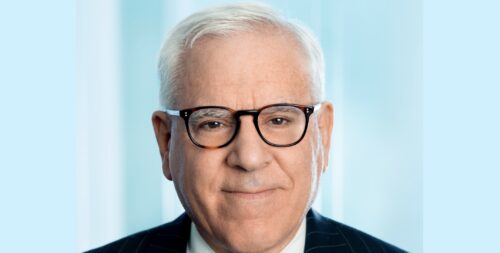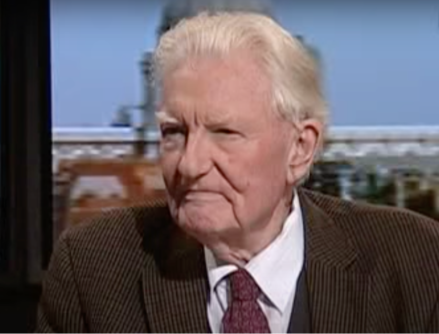In the wake of madness or even just in the midst of mere distraction, look elsewhere, and deeper.
Last week, Victor Davis Hanson asked, “Will the Madness of 2020 Last?” He sees evidence of the American people slowly regaining their senses after the epidemic of mass hysteria that gripped the country in 2020. The acrimony of last November’s election is fading. Trump is gone; the “starets” has returned to Siberia. Normalcy, slowly but surely, is being restored.
Yet, all is really not so certain. At the same, Hanson notes, Americans remain worried. Crime, destructive street protests, to mask or not to mask K-12 students in the classroom or on the athletic field, parents challenging the introduction of radical curricular material, the suppression of free speech on college campuses, race-based hiring and promotion, “wokeism.”
Americans’ effort to rebalance turns on several other, more-specific questions that Hanson asks in the great piece, including about our reaction to January 6, Anthony Fauci, and other matters.
“[A]s Americans sober up,” Hanson concludes, “will they institutionalize or reject the frenzy remaining from the destructive stampede that took the country over the cliff during the most unhinged year in American history?”
Progressivism, including its Big Philanthropy component, is trying to institutionalize the frenzy. Others are trying to reject it. Who can lead them? Will a leader or leaders emerge from the political class? Will they come forward from the business community? Or will academia, the media, or the celebrity ranks produce someone who can mobilize the public?
To many, there appears to be no critical mass of capable individuals with a coherent intellectual framework ready to lead the rejection.
There is cause for hope. While one may have to look for it, there is a deep reservoir on which to draw. Looking elsewhere, it is found in individuals firmly grounded in everyday life and whose values and principles inspire others to do the right thing for their families, their neighbors, the community, and the country.
Another story
For more than a month now, football fans in Wisconsin have been consumed with the Aaron Rodgers story. Will he or won’t he report to play for the Green Bay Packers in the 2021 season? Will he be traded to another team? Will he retire from football? If so, for Jeopardy? Will the madness surrounding Brett Favre’s departure return?
But look elsewhere. In the midst of all the noise of the Rodgers madness, a personal story more worthy of our attention unfolds. It actually inspires faith in the durability and reaffirming quality of the founding principles of the American Experiment and the institutions that have embodied them over their centuries.
Look at Green Bay Packers all-pro running back Aaron Jones. In his four-year career with the Pack, he has gained 3,300 yards and scored 37 touchdowns. On the surface, okay, his is the story of a great young football player performing at the highest level. But there is more.
Look deeper. Despite an active military career, Aaron Jones’ father Alvin, Sr., was determined to be constantly involved in his son’s life. Why? Alvin, Sr., never knew his father. His son would. Alvin attended every home game. He was a fixture in the end-zone seats of historic Lambeau Field, until the Covid-19 protocols last year. Alvin, Sr., died of complications related to Covid last month.
Aaron spoke to reporters last week for the first time since his father’s passing. Please watch it, whether you’re a Packers fan or not. “The rest of my career will be dedicated to my father,” he said. “My dad is everything to me, never missed a game. I know it’s something he would want me to continue to do, is push forward, work hard, and continue to reach the goals we’ve got ... so I am going to continue to do that.”
Close to tears at times, the authentic Jones endearingly tells how his father’s example taught him how to value service. He watched both his parents sacrifice during military tours that took them overseas away from their children. These lessons of sacrifice made him value the role he can play in his community. (See, e.g., this.)
A common story
The Jones family’s is a common American story, of course, of overcoming seemingly overwhelming odds to improve the lives of those in the family, and those who will follow them, in the family itself and the wider community. Often with the help of others, including sometimes from philanthropic sources, but always to help others. Sometimes in the midst of distracting tumult.
After 2020’s madness, Victor Davis Hanson essentially asks, are we strong enough? Aaron Jones and his family are. If we all are—if we look long and hard enough, and perhaps within—it may be one family, one neighborhood, one community at a time.






